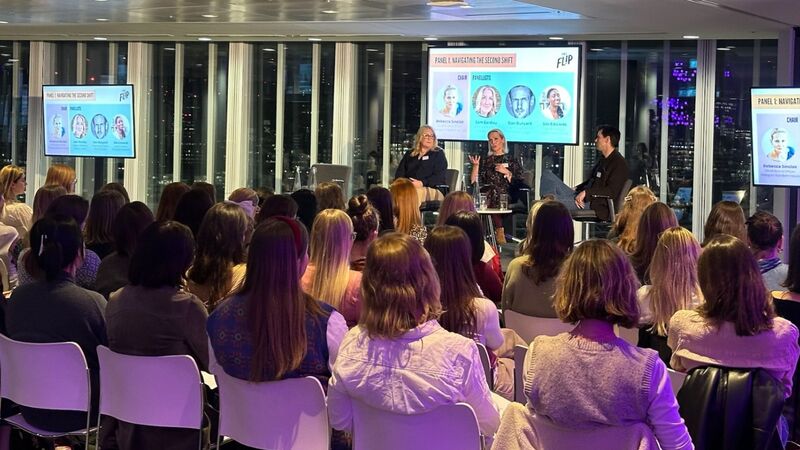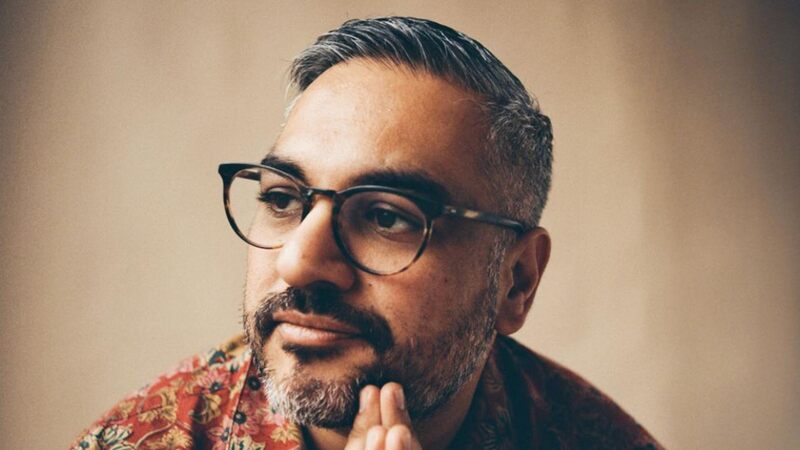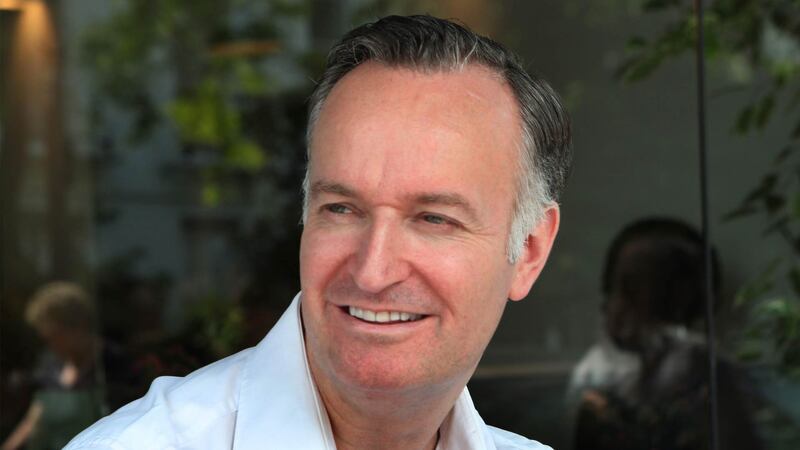You are viewing your 1 free article this month. Login to read more articles.
Shriver denounces 'politically correct censorship' in literature
Lionel Shriver has criticised the “politically correct censorship” in fiction and urged writers to take a stance against it.
The We Need To Talk About Kevin author revealed her thoughts on cultural appropriation and the possible impact on literature of the #MeToo controversy, in Prospect magazine on Wednesday (21st February), and revealed how she has been criticised for featuring black, Asian and minority ethnic (BAME) characters in her books.
“I’ve plenty of recent experience of using non-white characters in my novels, only to have them singled out and scrutinised for thought crime,” she writes in the article titled 'Writers blocked: how the new call-out culture is killing fiction'.
Shriver argues that the publishing industry’s fear of causing offence could limit writers’ freedom in literature. “Is hate speech in dialogue prosecutable? Not long ago, I’d have said of course not,” she writes.
She argues that the "cultural appropriation mob" leaves no room for authors to be "mischievous, subversive and perverse".
“Like actors, directors, and painters, writers, too, could now be silenced—and have their previous work withdrawn from sale, if not have the fruits of entire careers effectively erased—by the exposure of some impropriety off the page.”
She cites cases of books such as Adventures of Huckleberry Finn being dropped by school syllabuses because of how the dialogue could affect pupils from ethnic minorities and asks if authors’ opinions should match those of their publishers, using the example of Black Lawrence Press dropping Elizabeth Allen’s novella in 2014 because the company disagreed with views in an essay she had published.
“Having tackled divisive subjects or deployed characters who don’t hew to the rules of identity politics—rules that are often opaque, or at least until you break them—authors are left with uneasy suspicions about why their manuscripts might be attracting no takers, but with no hard evidence,” she writes.
In the article she also reveals she is “sick to the eyeballs” of the term ‘privilege’. The article reads: “We now have a whole new category of writer, and person for that matter, who isn’t permitted to say anything about anything. Sticking up for the rights of straight white males is less fashionable than sticking up for smokers.”
She writes of how students are encouraged to view literature through the “prism of unequal power dynamics” and argues this is “a grim, joyless spirit in which to read”.
The London-based author calls for greater bravery in writing. “Let’s see a little more courage, people—in the work and in the world,” she writes.
The article also includes “five free speech flash points” featuring the experiences of authors such as Margaret Atwood and Anthony Horowitz and how they encountered controversy through their writing.
The issue of cultural appropriation in literature was raised at the Westminster Media Forum last year, when author and illustrator Shoo Raynor, who is on the committee of the writers and illustrators' group at the Society of Authors, said the topic was coming up in "every meeting".
"Certainly at the moment, the thing that comes up every meeting is cultural appropriation and how we are often stuck between a rock and a hard place," Raynor said at the time. "Publishers will often ask to have ethnic characters removed from stories. I've not had that problem myself but various people have, purely because they're not going to sell the book. We hear lots and lots of stories, horror stories."
Meanwhile, Anthony Horowitz said last year his US publisher “warned him off” from writing a black character into an upcoming book out of concern it would be "inappropriate" for him as a white writer. “This is maybe dangerous territory but there is a chain of thought in America that it is inappropriate for white writers to try to create black characters,” he told the Mail on Sunday. "That it is actually not our experience and therefore to do so is, by its very nature, artificial and possibly patronising. Therefore I was warned off doing it. Which was, I thought, disturbing and upsetting."



















